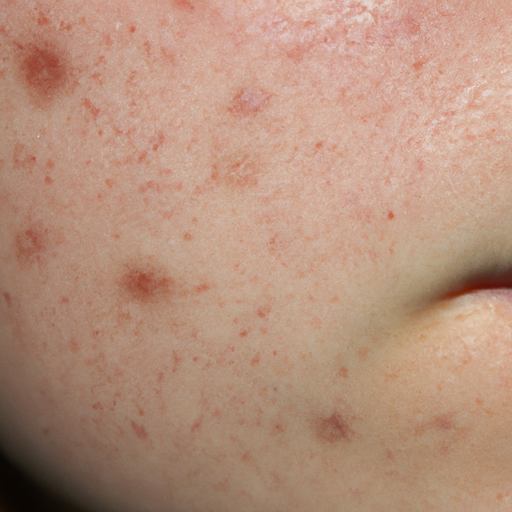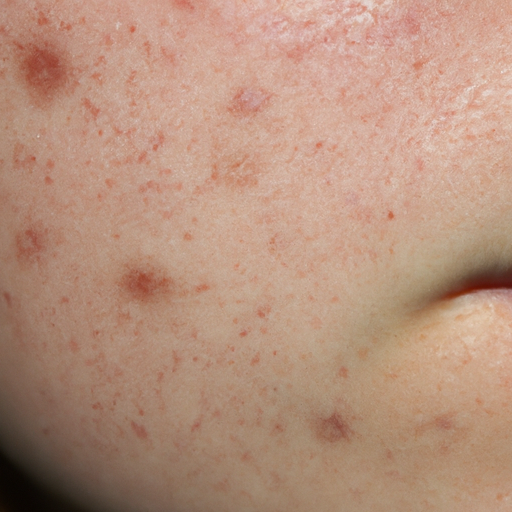As a medical professional, I have seen countless patients struggle with acne, a common skin condition that affects nearly 85% of people at some point in their lives. Acne can be a source of significant emotional distress and self-consciousness, particularly in teenagers and young adults. However, the good news is that recent advancements in dermatology have led to the development of innovative acne treatments that promise clearer skin. This article aims to unmask these new cures, offering hope to those who have long struggled with this skin condition.
Acne is caused by the overproduction of oil and the buildup of dead skin cells in hair follicles. This leads to the formation of comedones, or blocked pores, which can become inflamed and infected by bacteria, resulting in pimples. Traditional treatments for acne have included topical creams and gels, oral antibiotics, and isotretinoin for severe cases. While these treatments can be effective, they often come with side effects and may not work for everyone.
In recent years, dermatologists have been exploring new ways to treat acne that are more targeted and less likely to cause side effects. One such treatment is light therapy. This involves exposing the skin to different types of light to kill acne-causing bacteria and reduce inflammation. Blue light therapy, for example, has been shown to be effective in treating mild to moderate acne.
Another promising treatment is the use of chemical peels containing salicylic acid or glycolic acid. These peels work by exfoliating the skin and unclogging pores. They can also help to fade post-acne marks and improve the overall texture of the skin.
In addition to these treatments, there are also new oral medications being developed for acne. One such medication is spironolactone, which works by blocking the effects of certain hormones on the skin. This can help to reduce oil production and prevent breakouts. Another new medication is a modified form of vitamin A, known as tretinoin. This medication works by increasing the turnover of skin cells and reducing inflammation.
One of the most exciting developments in acne treatment is the use of biologics. These are drugs that target specific parts of the immune system to reduce inflammation. One such drug, dupilumab, has been approved for the treatment of eczema and is currently being studied for its potential use in treating acne.
Lastly, there is growing interest in the role of diet and gut health in acne. Some studies have suggested that a diet high in sugar and processed foods can increase the risk of acne, while a diet rich in fruits, vegetables, and whole grains can help to protect against it. Probiotics, which are beneficial bacteria that can help to balance the gut microbiome, are also being explored as a potential treatment for acne.
In conclusion, the future of acne treatment looks promising. With these new and innovative treatments, we are moving towards more targeted and personalized approaches to managing this common skin condition. As a doctor, it is exciting to see these advancements and to be able to offer my patients more options for achieving clear skin. However, it’s important to remember that while these treatments can be effective, they are not magic bullets. Achieving clear skin often requires a multifaceted approach, including a healthy diet, good skincare habits, and sometimes medication. Always consult with a dermatologist or other healthcare provider before starting any new acne treatment.




